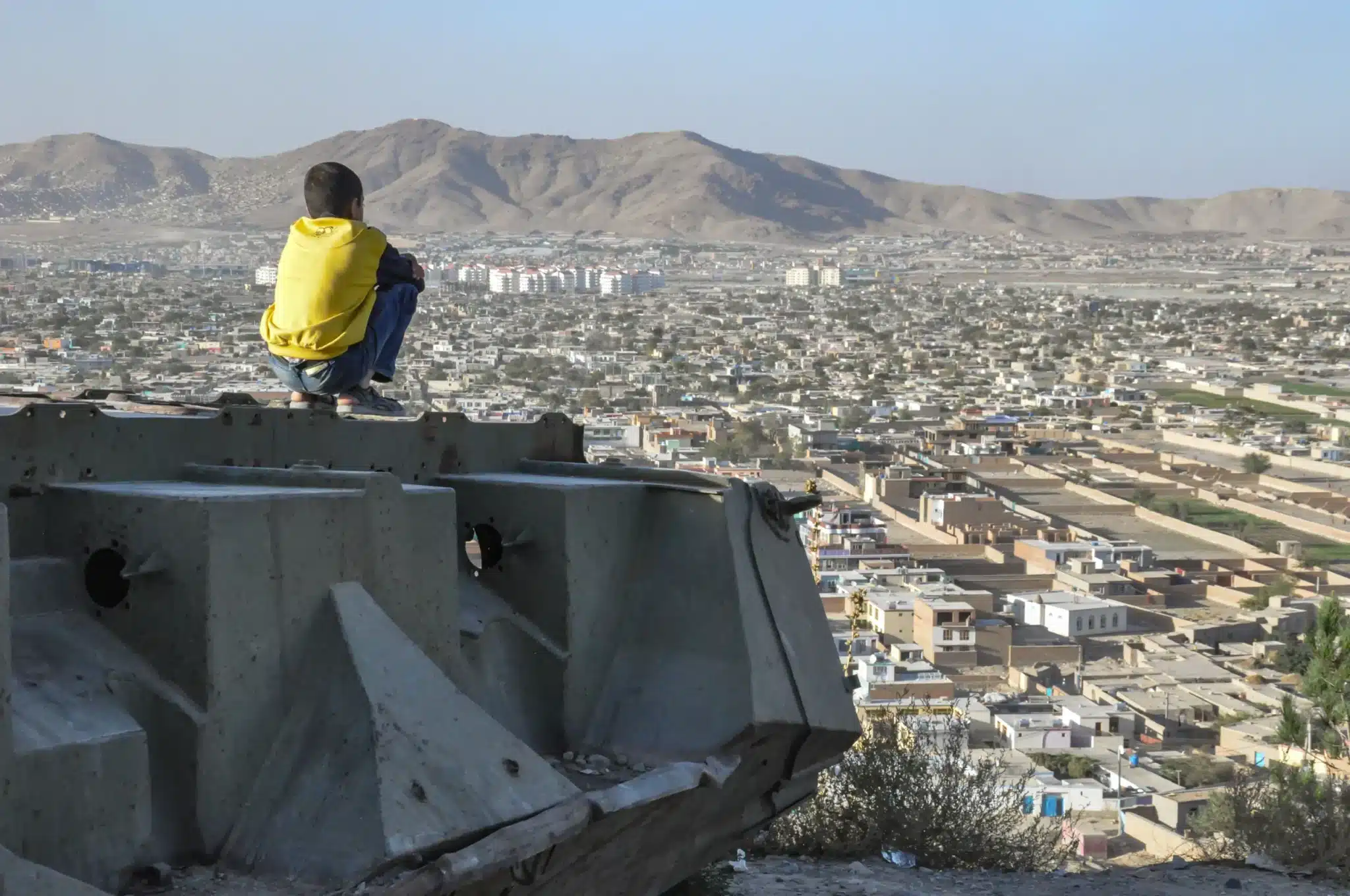
The recent revelation of a dissent cable has sparked controversy and debate regarding the Biden Administration’s handling of the Afghanistan situation. According to Representative Darrell Issa, the cable shows that the Biden Administration “allowed” Afghanistan to collapse. This statement sheds light on the complex dynamics surrounding the withdrawal of US troops and the subsequent rapid takeover by the Taliban.
The dissent cable, sent in July 2021, reportedly contained warnings about the potential collapse of Kabul and the U.S.-backed government. Although the White House and government officials were aware of some concerns at the time, it seems crucial aspects of the dissent cable may not have been fully addressed. As the final months of the withdrawal unfolded, the world witnessed a tumultuous and chaotic evacuation of Afghan citizens and foreign nationals alike, which has since sparked bipartisan criticism and calls for inquiry.
Accusations of negligence on the part of the Biden Administration have fueled tensions among lawmakers and the public alike. With the situation still unfolding, discussions around the dissent cable and its implications bring forth pertinent questions about the decisions leading up to the withdrawal, and whether more could have been done to avert the crisis in Afghanistan.
The Dissent Cable and Its Implications
Criticisms of the Biden Administration
The dissent cable, which has been the subject of much debate, highlights concerns that were raised by U.S. diplomats regarding the imminent collapse of Afghanistan following President Biden’s decision to withdraw American troops. Critics, such as Rep. Darrell Issa, argue that the cable’s contents reveal the grave mistakes made by the administration, leading to chaos and a rapid takeover by the Taliban.
The Biden administration faced heavy backlash for what many perceived as a poorly executed withdrawal plan. The dissent cable added fuel to these criticisms, indicating that high-ranking officials, including Secretary of State Antony Blinken, were warned beforehand of the potential fallout.
Significance of the Dissent Cable
The dissent cable serves as an important piece of documentation that illustrates the depth of concern shared by those on the ground in Afghanistan. It points to a potential disconnect between the administration’s actions and the reality faced by diplomats and Afghan allies, as even those who authored the cable could not have predicted the speed at which the situation deteriorated.
The cable’s existence underscores the fact that the potential for Afghanistan’s collapse was not only foreseeable, but indeed reported to top officials. In analyzing the implications of this document, lawmakers and observers may question the decision-making process within the administration, and the cable may prompt further discussions about the consequences and responsibilities related to the withdrawal.
Afghanistan’s Collapse
Timeline and Key Events
In the lead-up to the collapse of Afghanistan, several key events took place. The dissent cable, mentioned by Rep. Issa, was sent before the fall of the U.S.-backed government in Kabul. This sparked a chaotic evacuation period, with a takeover by Taliban militants as a highly concerning development.
The cable called on the Biden administration to begin an immediate airlift operation for Afghans who had assisted the U.S. during their presence in the country. Despite this warning, the administration proceeded with their withdrawal plans.
Stakeholders Affected
Various stakeholders were affected by the collapse of Afghanistan. These include:
- Afghan people: The citizens of Afghanistan experienced a sudden change in governance as the Taliban took control, leading to uncertainty and fear over their future, personal safety, and well-being.
- U.S. Diplomats: Those who coordinated the dissent cable and voiced their concerns were left frustrated by the apparent inaction from the administration, bringing attention to the internal disagreements within the U.S. government.
- Afghan allies: Individuals who provided aid and support to the U.S. during their time in Afghanistan faced imminent peril from the Taliban regime, making their need for evacuation and protection even more pressing.
- U.S. Military: The chaos that ensued during the withdrawal created dangerous situations for the U.S. military personnel involved in evacuation efforts, resulting in increased risk and potential loss of life.
In summary, the dissent cable highlights the concerns and warnings that were raised by diplomatic officials before the collapse of Afghanistan. Their suggestions for immediate action seemed to have been disregarded by the Biden administration, leading to additional challenges and risk for the various stakeholders involved.
Rep Issa’s Perspective
Reasoning for Blaming the Biden Administration
Rep. Darrell Issa, R-Calif., criticizes the Afghanistan dissent cable that Secretary of State Antony Blinken permitted congressional access to as “embarrassing.” According to Issa, this cable challenges the Biden administration’s claim that it was caught off guard by Afghanistan’s rapid collapse in 2021. Issa, who is a member of the House Foreign Affairs Committee, believes that the situation demonstrates the administration’s negligence and failure to adequately respond to the crisis.
Proposed Actions and Recommendations
Rep. Issa has suggested that the Biden administration should be held accountable for their role in Afghanistan’s collapse. He asserts that the dissent cable shows negligence and a lack of proper planning, leading to the chaotic withdrawal of US forces from the country.
Furthermore, Rep. Issa encourages the administration to learn from this situation and implement stronger policies and strategies to prevent a recurrence of such a crisis in the future. This may include thorough analysis and consideration of dissenting opinions, as well as more effective communication and collaboration between government agencies and entities.
By addressing these concerns, Rep. Issa hopes that the government can avoid repeating the mistakes made during the Afghanistan crisis and be better prepared to handle complex international situations in the future.





